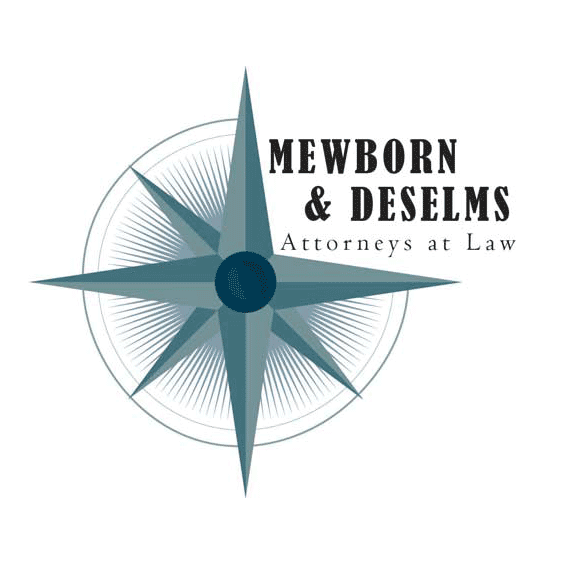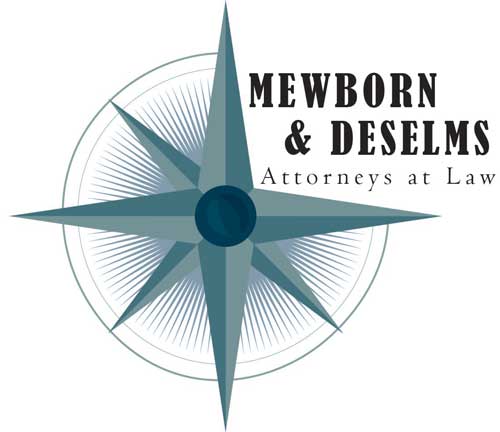One of the biggest questions that people have when they come into our firm to discuss estate planning concerns the taxes that their estates may be subject to when they pass away. This can be a bit of a complex question, depending upon the size of the estate in question.
There are two types of taxes that can apply in these situations – those are the federal level, and those at the state level. The good news is that North Carolina does not tax estates, so that ends up being one less thing that they need to worry about. Estates can potentially be subject to taxation at the federal level, however, so it is important to have an idea what to do if your estate meets the criteria where taxes may apply.
Understanding the federal estate tax exemption
There is a pretty high bar that an estate needs to clear in order to be one subject to federal estate taxes. With careful planning, one might even be able to avoid (or at least mitigate) their federal estate tax liability. The federal government offers an estate tax exemption regulated by a threshold amount (which lawmakers reconfigure annually). Provided the total taxable value of one’s estate comes in under the threshold amount, it will not be subject to taxes.
According to Forbes Magazine, the federal estate tax threshold for individuals for 2021 is $11.7 million. Plus, married couples can expand their collective exemption amounts even further through estate tax portability.
Taking advantage of portability
Tax portability refers to the sharing of tax benefits – in other words, allowing another person to take advantage of a person’s federal estate tax exemption. Spouses are allowed to use the unused portion of the unused exemption to pass along more of an estate untaxed.
In many cases, the surviving spouse receives all of a decedent’s property, which passes to them tax-free thanks to the unlimited marital deduction (preserving their entire estate tax exemption in the process). Per the Internal Revenue Service, the surviving spouse can then claim that entire $11.7 million unused exemption by filing an estate tax return within nine months of the other’s death (effectively doubling their exemption threshold to $23.4 million).


